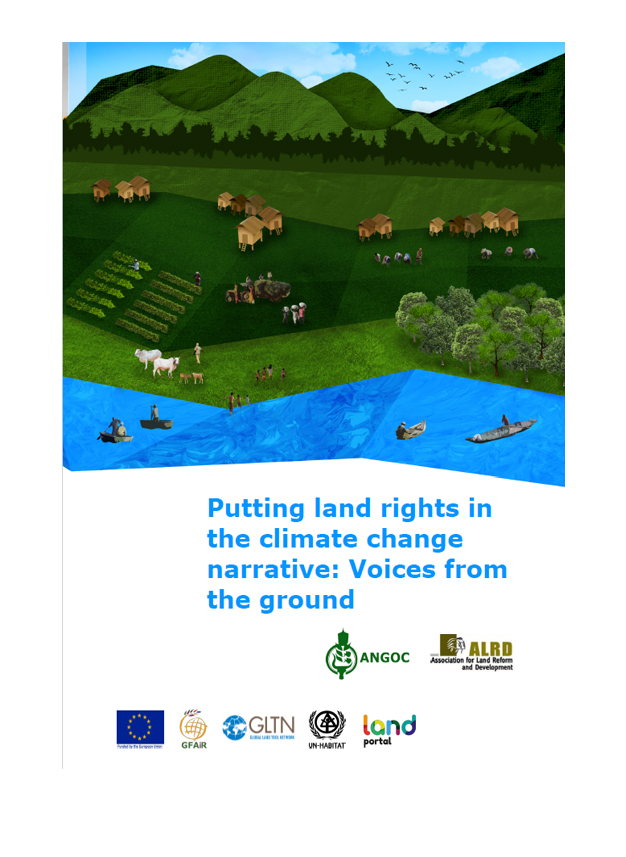CULTIVATING GENDER INSENSITIVE LAND TENURE REFORMS AND HARVESTING FOOD INSECURITY IN CAMEROON, SUB-SAHARAN AFRICA
Effective reform pathways for addressing women’s access to land and tenure security in Africa are yet to be found despite their role in feeding the population. With the adoption of the AU Declaration on Land Issues and Challenges in Africa (2009) and the launch of the African Land Policy Centre (2017), hopes were high that existing precarious women’s access to land, tenure and food security might be transformed to opportunities. Prevailing discourses, however, still advocate for land reforms attuned to gender equality with a neo-classical chord.




